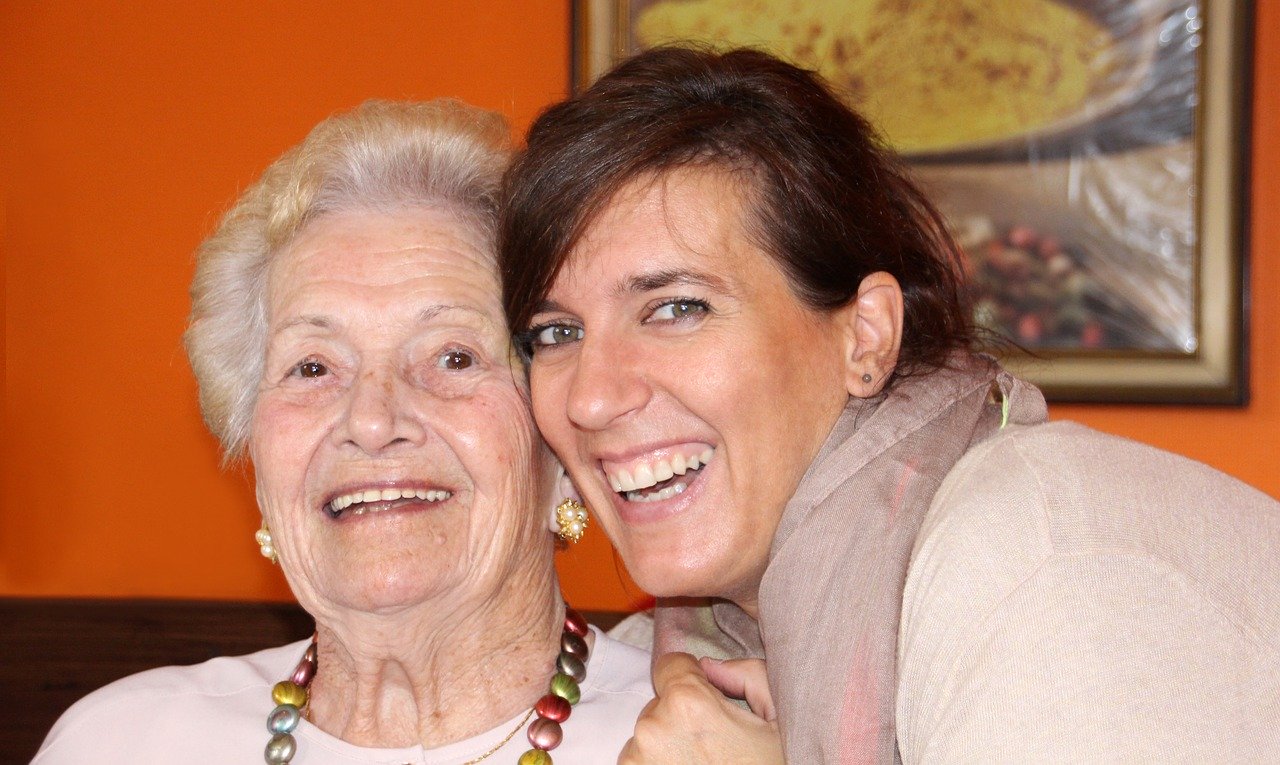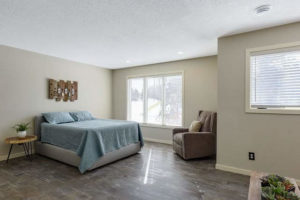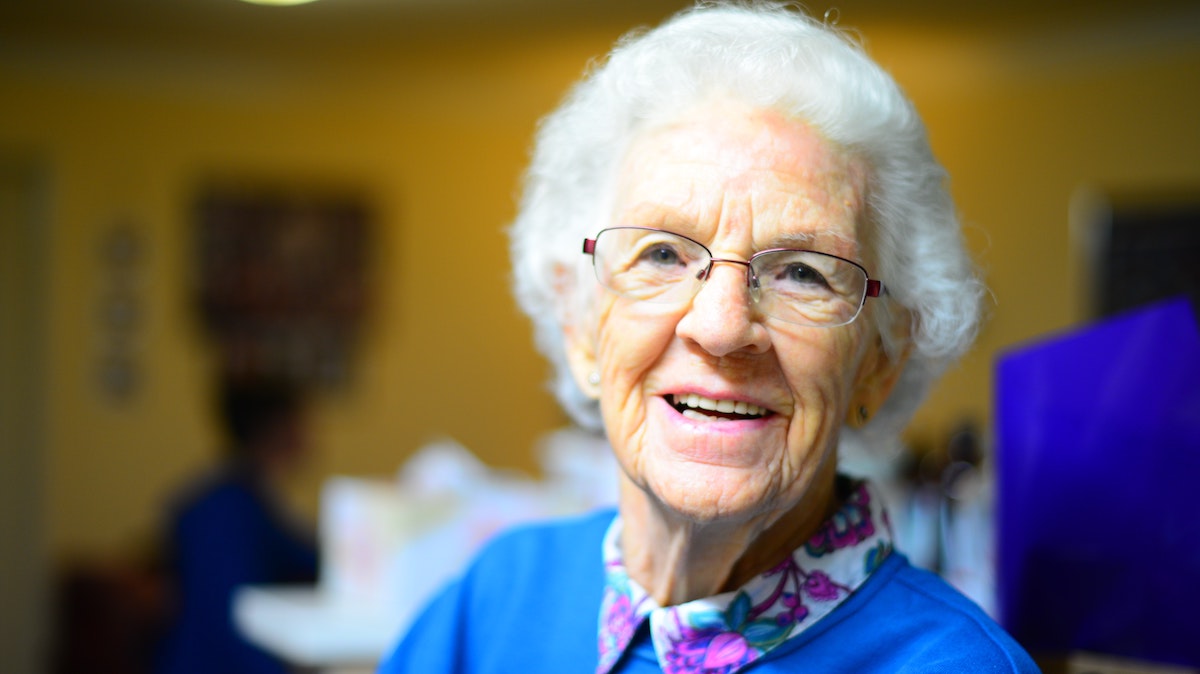The realization that a loved one is having serious memory lapses is difficult, and a confirmed diagnosis of Alzheimer’s or another form of dementia has its own challenges. It raises many questions, and one of the most pressing relates to where your loved one will live going forward. Once the decision has been made that it’s unsafe for them to continue living on their own, the next step is deciding on something more appropriate. As you begin investigating the options, here’s what to understand about the differences between assisted living and private memory care.
The Right Kind of Care
Assisted living and memory care homes are among the fastest-growing options in residential senior care. The former offers personal care services and housing to aging loved ones, who need the extra help with daily tasks or more specialized nursing care relating to things like mobility. Some assisted living homes also offer memory care services. These facilities aren’t federally regulated, but they should be licensed in their respective states.
Memory care is a specialized form of skilled care created for loved ones living with Alzheimer’s and other forms of dementia. In a private home like Syncare here in Minnesota, you can expect 24-hour supervised care of your loved one in an environment that has been designed to be safe, stimulating, and familiar. Because they’re built to accommodate those living with memory issues, private memory care homes are often much better suited to the unique needs of their residents. This level of care requires state licensing, and it’s regulated even further in 23 states.
Comparing Costs
There are a number of variables to both kinds of long-term care that will affect the price. These include factors such as location, room size, shared spaces, and services needed. In general, you can expect the following services or something similar in both kinds of homes:
- Medical care access
- Daily meals
- Social activities and programs
- Health and fitness programs
- Housekeeping and laundry service
- Emergency care
- Round-the-clock supervision and security
Services like these, and others, may be an additional cost above and beyond monthly rent. Memory care homes will also offer structured programs designed specifically to engage residents living with Alzheimer’s or dementia.
Because memory care homes offer more specialized care than assisted living facilities, costs may be higher in a side-by-side comparison. Unfortunately, there’s no universal rate that makes it easy to identify the best choice. Ultimately, it’s best to research the options in your area to understand the true value of one home over another.
The Right Decision
Choosing the right home for your loved one can be overwhelming, but a good rule of thumb is to consider their current level of independence. If the help they need is still rather limited, assisted living may be a good fit. More complex care needs will likely be better addressed in a home that understands what that really means.










